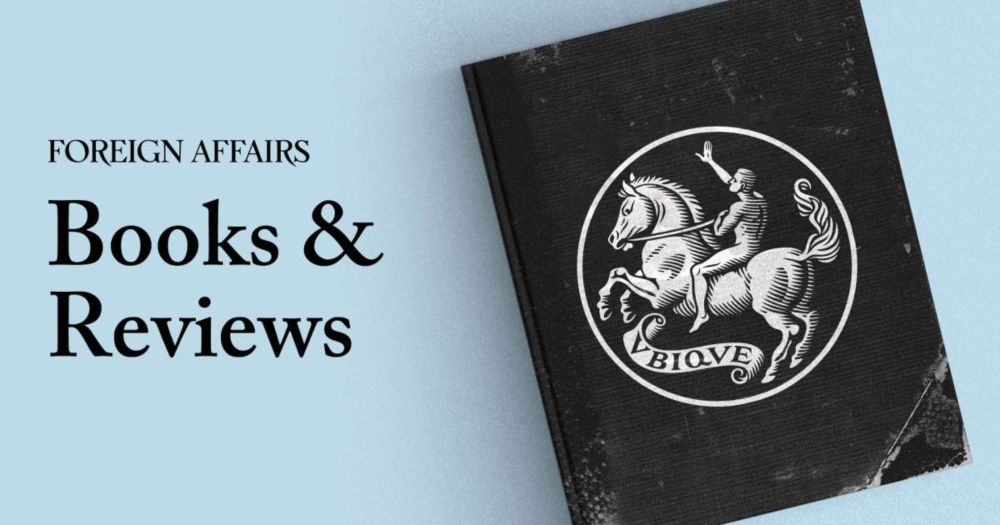
Author, "The Abiy Project: God, Power and War in the New Ethiopia”
Retweet ≠ endorsement / views my own
Still on X (for now) @tomgardner18

has reviewed my book, "The Abiy Project", in this latest issue of @foreignaffairs.com. He calls it "essential reading": www.foreignaffairs.com/reviews/abiy...
www.economist.com/middle-east-...

www.economist.com/middle-east-...
www.economist.com/leaders/2025...

www.economist.com/leaders/2025...
www.theglobeandmail.com/world/articl...

www.theglobeandmail.com/world/articl...
Latest articles in JEAS:
www.tandfonline.com/doi/full/10....

Latest articles in JEAS:
www.tandfonline.com/doi/full/10....

Latest articles in JEAS:
www.tandfonline.com/doi/full/10....
www.economist.com/middle-east-...

www.economist.com/middle-east-...

Prince's return to the limelight is a bet on the direction the world is heading.
www.economist.com/podcasts/202...

Prince's return to the limelight is a bet on the direction the world is heading.
www.economist.com/podcasts/202...
www.economist.com/middle-east-...

www.economist.com/middle-east-...
economist.com/the-americas...

economist.com/the-americas...
www.economist.com/middle-east-...

www.economist.com/middle-east-...


www.economist.com/middle-east-...

www.economist.com/middle-east-...

www.economist.com/middle-east-...

www.economist.com/middle-east-...
They won't though, because this is what the right have become. The likes of Barwell are very much a minority.

They won't though, because this is what the right have become. The likes of Barwell are very much a minority.
www.economist.com/middle-east-...

www.economist.com/middle-east-...
My latest 👇
www.economist.com/middle-east-...

My latest 👇
www.economist.com/middle-east-...
A Djiboutian drone strike in January was depicted as a army operation targeting rebels. It was actually a massacre of civilians. The bloodshed & coverup implicating Ethiopia, Djibouti, France & Turkiye.
#OSINT


A Djiboutian drone strike in January was depicted as a army operation targeting rebels. It was actually a massacre of civilians. The bloodshed & coverup implicating Ethiopia, Djibouti, France & Turkiye.
#OSINT
www.economist.com/middle-east-...

www.economist.com/middle-east-...
My dispatch from grim corners of the Internet, for @lrb.co.uk online.
www.lrb.co.uk/blog/2025/se...


